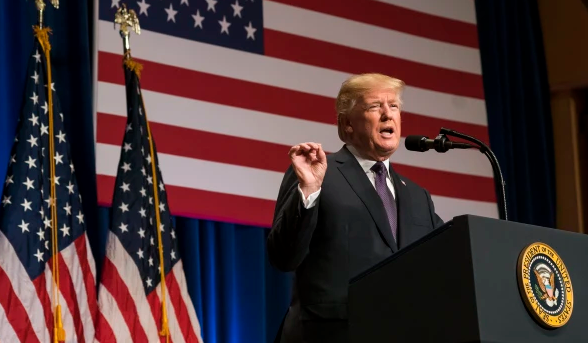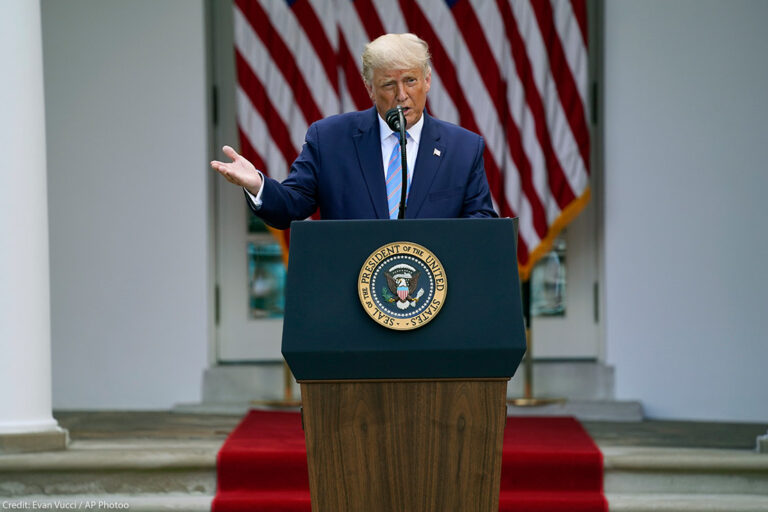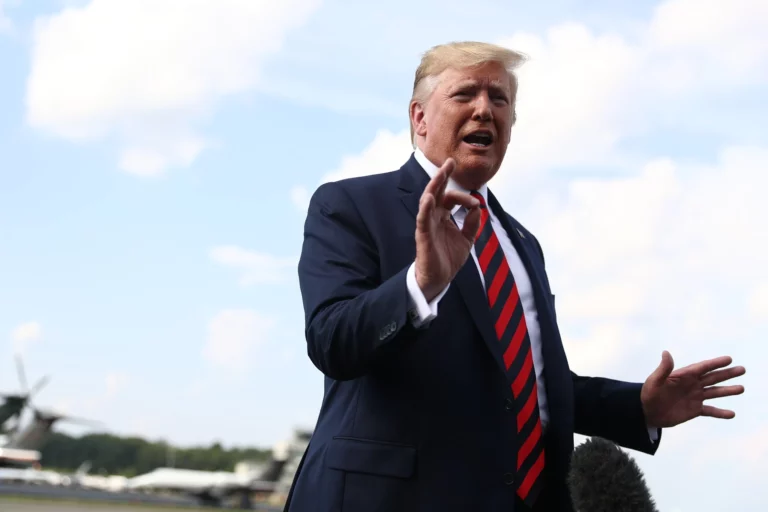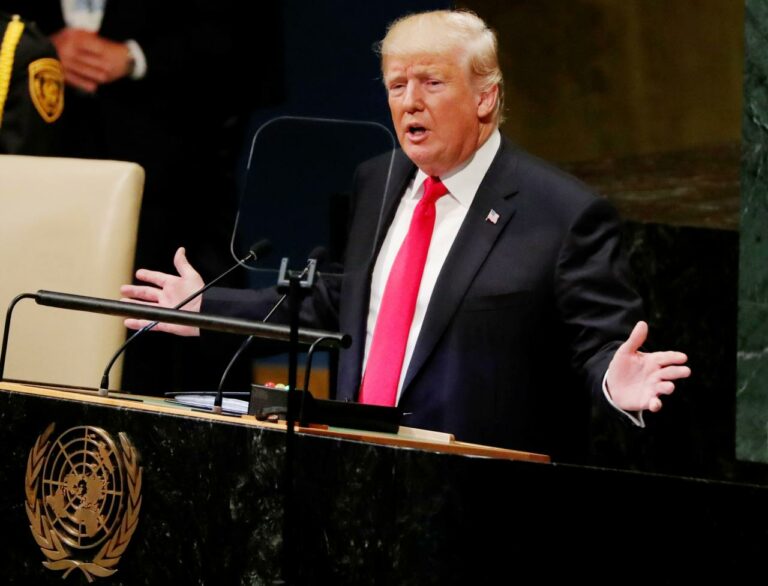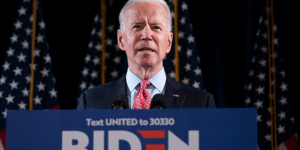In this article, we will delve into Trump’s National Security Strategy, examining its priorities, implications, and impact on the country’s defence and foreign policy.
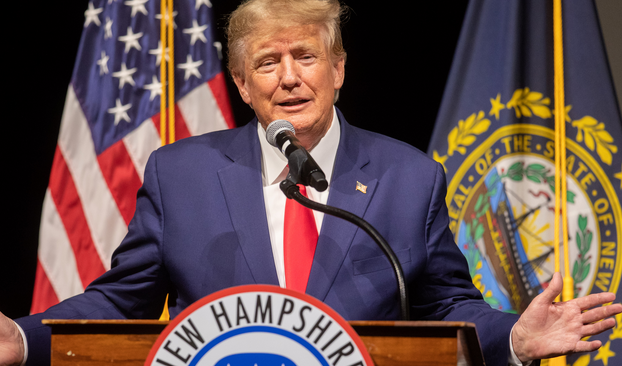
Defining National Security Strategy
A nation’s National Security Strategy (NSS) outlines its approach to safeguarding its citizens, interests, and values from external threats. It serves as a guiding document that shapes a country’s foreign policy, military strategy, and defence priorities. Under the Trump administration, the NSS reflected the president’s vision for protecting America’s interests on the global stage.
America First: A Central Theme
One of the central themes of Trump’s National Security Strategy was “America First.” This approach emphasized prioritizing U.S. interests above all else, advocating for a strong domestic economy, and asserting American sovereignty in international dealings.
Economic Security
Under Trump’s NSS, economic security was a fundamental pillar. The administration believed that a robust economy was essential for national security.
Military Strength and Readiness
A strong and well-equipped military was at the core of Trump’s National Security Strategy. The administration emphasized rebuilding the military, increasing defence spending, and modernizing the armed forces. This approach aimed to ensure that the U.S. remained a formidable global power.
Counterterrorism and Homeland Security
Trump’s NSS also prioritized counterterrorism efforts and homeland security. The administration focused on combatting terrorist groups like ISIS and al-Qaeda, enhancing border security, and implementing measures to protect American citizens from both domestic and international threats.
Diplomacy and Alliances
While “America First” was a prominent theme, Trump’s NSS recognized the importance of diplomacy and alliances. It aimed to strengthen partnerships with like-minded countries and encourage burden-sharing in international security efforts. The document highlighted the importance of NATO and other alliances in promoting global stability.
Addressing Cybersecurity Threats
The National Security Strategy also underscored the growing importance of cybersecurity. In an increasingly digital world, protecting critical infrastructure and data from cyber threats has become a national security priority. The Trump administration took steps to enhance cybersecurity measures and respond to cyberattacks.
Challenges and Controversies
Trump’s National Security Strategy was not without its challenges and controversies. Critics argued that the “America First” approach risked alienating traditional allies and weakening international cooperation.
Impact on U.S. Foreign Policy
Trump’s National Security Strategy had a significant impact on U.S. foreign policy during his presidency. It influenced decisions on issues such as trade negotiations, military deployments, and international agreements.
Global Response and Reactions
Some countries viewed it as a departure from traditional U.S. foreign policy principles, while others appreciated the emphasis on sovereignty and self-reliance. The strategy generated discussions on the role of the United States in the international community.
Long-Term Implications
The long-term implications of Trump’s Security Strategy are still a subject of debate. Some argue that the emphasis on military strength and economic security contributed to U.S. resilience in times of crisis, while others believe it strained relationships with key allies. The impact on international institutions and norms remains a topic of ongoing analysis.
Transition to a New Administration
With the transition to a new administration following the 2020 presidential election, U.S. national security priorities have evolved. The Biden administration has taken a different approach to foreign policy. Hence, emphasizing diplomacy, multilateralism, and climate change mitigation.
Conclusion
Donald Trump’s National Security Strategy was a defining document that shaped the United States’ approach to national security during his presidency. The “America First” philosophy, coupled with an emphasis on economic security and military strength, marked a departure from previous administrations. While it had its supporters and critics, the NSS played a pivotal role in influencing U.S. foreign policy decisions and continues to be a subject of analysis and discussion in the field of international relations.

